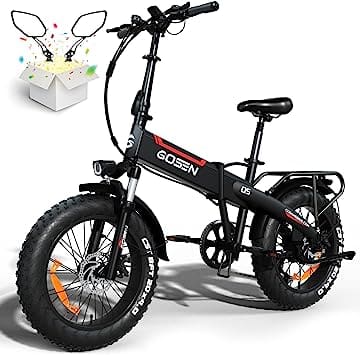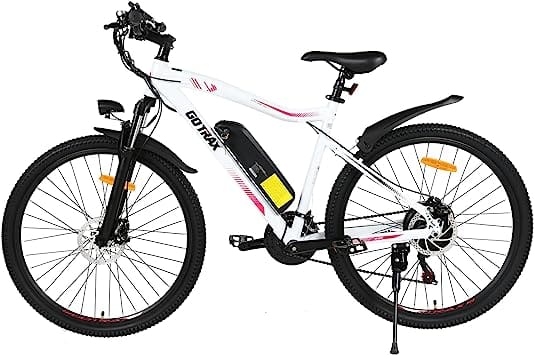Definition
Electric bikes, or e-bikes, are bicycles equipped with an electric motor and battery to assist the rider’s pedaling, providing a boost in speed and reducing physical effort.
Expanded Explanation
E-bikes have grown in popularity due to their ability to make cycling more accessible and enjoyable for a wider range of people, including those with physical limitations or those who want to commute longer distances with less effort. They come in various styles and designs, catering to different riding preferences and needs.
Types of E-Bikes
E-bikes can be categorized based on their level of assistance and intended use. Pedal-assist e-bikes only provide assistance when the rider is pedaling, while throttle-controlled e-bikes can propel the bike without pedaling. E-bikes are also designed for specific purposes, such as commuter e-bikes, mountain e-bikes, and cargo e-bikes.
Motors and Batteries
E-bike motors are typically located in the rear hub, front hub, or mid-drive (connected to the bike’s chain ring). Each motor placement has its pros and cons, affecting the bike’s balance, handling, and efficiency. The battery capacity determines the e-bike’s range, with larger batteries providing more extended assistance but adding weight to the bike.
Examples
- Example 1: The Specialized Turbo Vado is a versatile e-bike designed for urban commuting, featuring a mid-drive motor, integrated battery, and a range of up to 80 miles.
- Example 2: The RadRover 5 by Rad Power Bikes is an electric fat-tire bike built for off-road adventures, offering a comfortable ride and robust power assistance.

